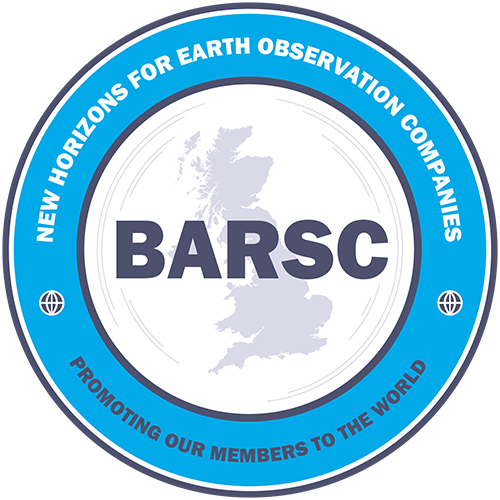The UK Space Agency is offering grants of up to £3,000 for organisations to take on undergraduate or postgraduate students for work placements in the space industry.
The funding, from the Agency’s Space Placements in Industry (SPIN) scheme, is for projects at small and medium size businesses, universities, charities, not-for-profit or government agencies within the space sector.
There is a total of £45,000 funding available, with a maximum of £3,000 for each award.
The scheme, which is supported by the Satellite Applications Catapult in Harwell, is run to support paid work placements for students, including those who are due to graduate in 2018. It is part of the UK Space Agency’s skills and careers objectives, as set out in its Education, Skills and Outreach Strategy.
This in turn supports the aims of the UK Space Agency by providing a context for students to experience the breadth of opportunities that the sector can offer, developing skills crucial to the success of the sector, supporting the growth of businesses within the sector and raising awareness of the UK’s space programme and STEM subjects in general.
What projects are suitable?
Your project may be targeted at a student or recent graduate (2018 only) of a specific discipline, or simply describe the skills you are looking for. It should outline a piece of work or role which will take a minimum of 8 weeks and be designed to enhance the skillset of the successful applicant whilst providing them with a business context in which to apply their skills. Projects submitted for this round of SPIN funding may address any business requirement set within a space context.
The placement will vary from organisation to organisation and may involve:
- a piece of research or a small project that would otherwise not be done
- working as part of a team on a product or client-focused project, or something more independent
Successful projects must:
- be based in the UK with a Small or Medium Enterprise (<250 employees), university, charity, not-for-profit organisation or government agency
- support the skills aims of the UK Space Agency
- have the support of their host organisation and have a nominated supervisor
- ensure that the intern is paid an appropriate salary for the organisation as clearly described on the proposal
- include a simple evaluation strategy (regular reviews with the intern, feedback on their CV before completion, production of an academic poster for presentation at the SPIN Showcase Event in autumn 2018, date tbc)
- Placements may be extended beyond 8 weeks, by mutual agreement between the host organisation and the successful applicant.
Anticipated schedule:
- opening of award scheme – May 2018
- applications for funding will be reviewed and awards agreed (or otherwise) within 7 days of receipt
- projects (using the template document) will be advertised to students on the SPIN website for 4 weeks
- identify and nominate the successful applicant no later than 11th June 2018, in order that they can attend the SPIN Induction Day
- all successful placement students should attend the SPIN Induction Day at the Satellite Applications Catapult on Monday 18th June
- all successful students should attend and present their project at a Showcase Event in the autumn 2018
- invoices (which may be staged) to be submitted as costs accrued
Details of the Grant:
Grants may cover all types of expenses, including:
- contributions to salaries
- costs of materials
- travel and subsistence
Grants may not cover:
- fees for people already in paid employment where the proposed work could be reasonably undertaken as part of their normal duties
- unclear costings and those which do not appear to be based on valid estimates
- expensive items (e.g. equipment or buildings) unless they are intrinsic to the success of the project
- Grants awarded will be subject to standard BEIS grant terms and conditions
Judging criteria:
Proposals will be evaluated by a panel led by the UK Space Agency, and awarded on a case by case basis.
The judging criteria will include:
- relevance of the project to the skills of a student or recent graduate
- relevance of the skills which will be encouraged to known sector deficits
You will receive a notification of your application being accepted within 48 hours of sending. If you do not receive this, we have probably not received your application.
For further information, please email Kathy Bowden

